The United States has increased its military presence in the Caribbean through the deployment of the USS Gerald R. Ford, the most advanced aircraft carrier, as part of “Operation Southern Spear.” This initiative is designed to combat drug trafficking and transnational criminal organizations, involving nearly a dozen Navy ships and around 12,000 personnel, marking the largest U.S. military deployment in the region in decades. The USS Gerald R. Ford, along with its strike group, passed through the Anegada Passage near the British Virgin Islands, with Rear Admiral Paul Lanzilotta emphasizing that the mission aims to safeguard national security against narco-terrorism in the Western Hemisphere.
Since September, the U.S. military has conducted 21 strikes against vessels suspected of drug trafficking, resulting in at least 83 fatalities; however, officials have not provided evidence linking these individuals to narcoterrorism. Concurrently, training exercises are being held in Trinidad and Tobago, where U.S. Marines are working alongside local forces to tackle violent crime and drugs. Venezuelan authorities have condemned these actions as aggressive maneuvers.
In a related development, President Donald Trump hinted at a possible shift in diplomatic relations with Venezuela, suggesting discussions with President Nicolás Maduro might occur, though specifics remain unclear. Trump’s acknowledgment that “Venezuela would like to talk” coincides with rising tensions and military activities in the region. This military deployment and ongoing operations underline the U.S. commitment to countering drug trafficking and criminal networks in the Caribbean, while also highlighting a complex and evolving diplomatic situation with Venezuela.

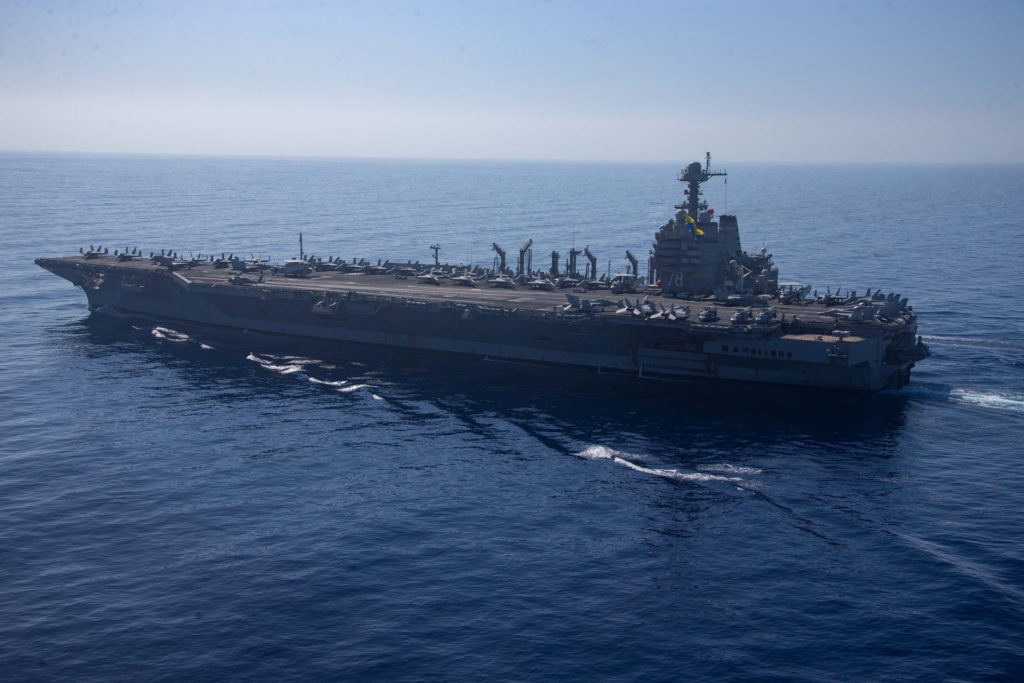

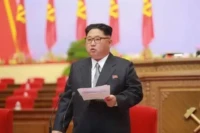
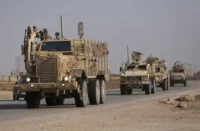


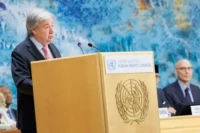
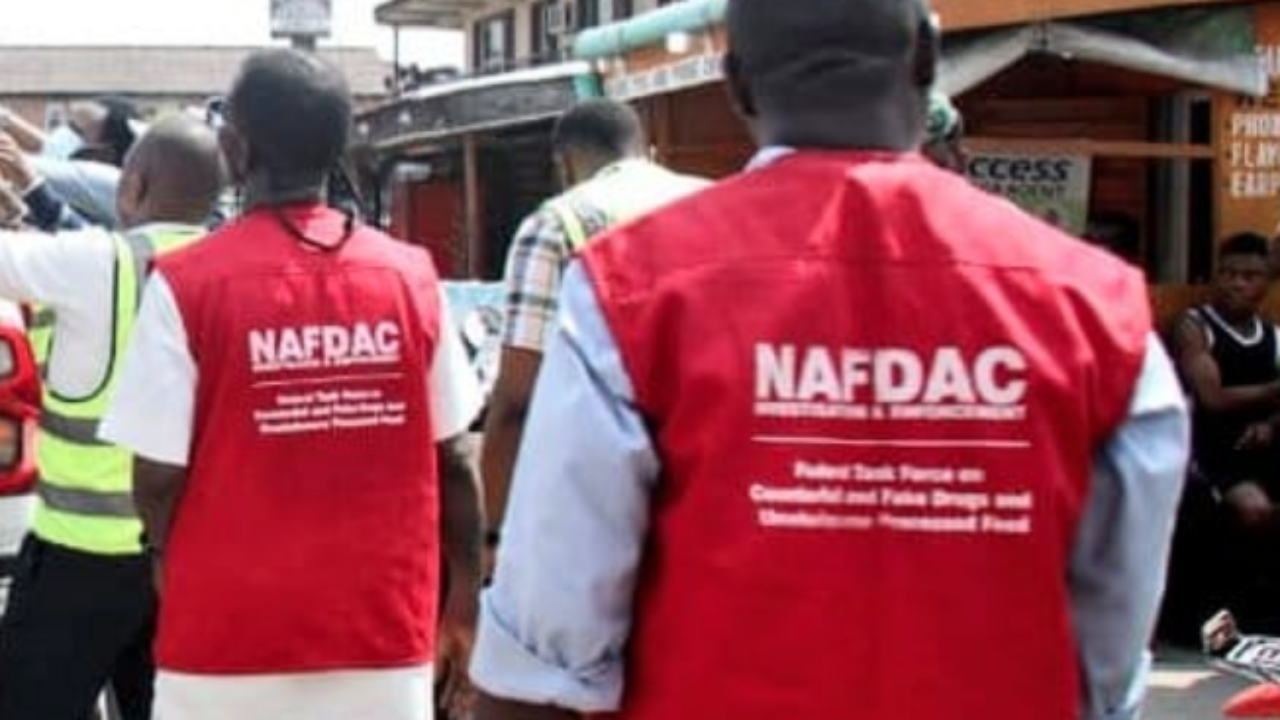
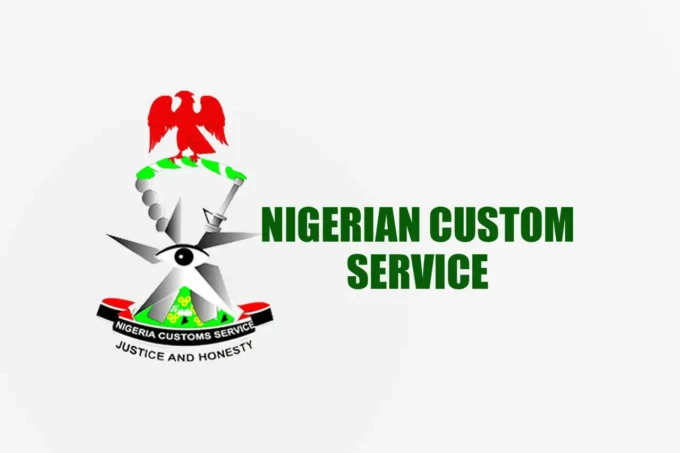
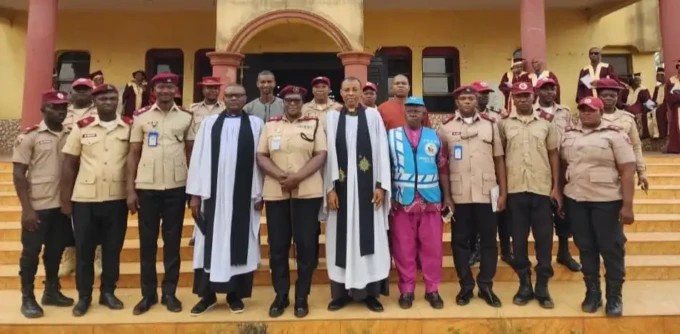

Do we really need a US aircraft carrier in the Caribbean during the Venezuela conflict? Isnt that escalating tensions unnecessarily?
Wow, the tension in Venezuela is heating up! Do you think the US aircraft carriers presence will escalate the conflict or help stabilize the situation?
Wow, do you think sending a US aircraft carrier to the Caribbean will escalate tensions or help resolve the conflict? 🤔
Do you think sending an aircraft carrier to the Caribbean will escalate tensions with Venezuela or help maintain peace? Lets discuss!